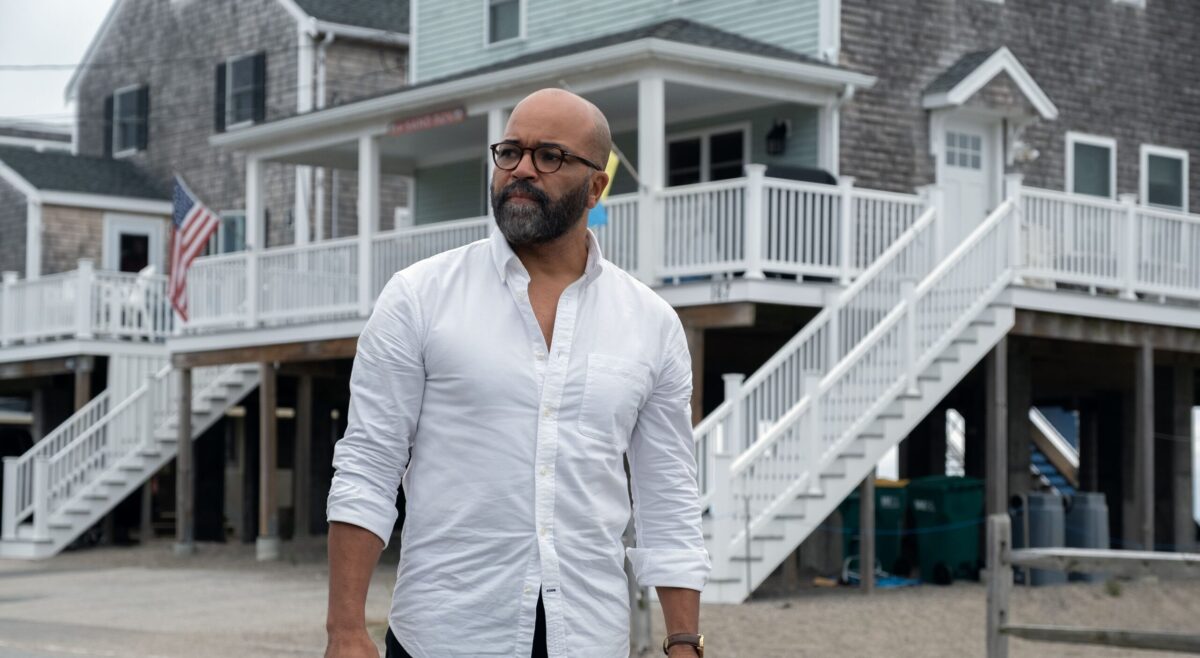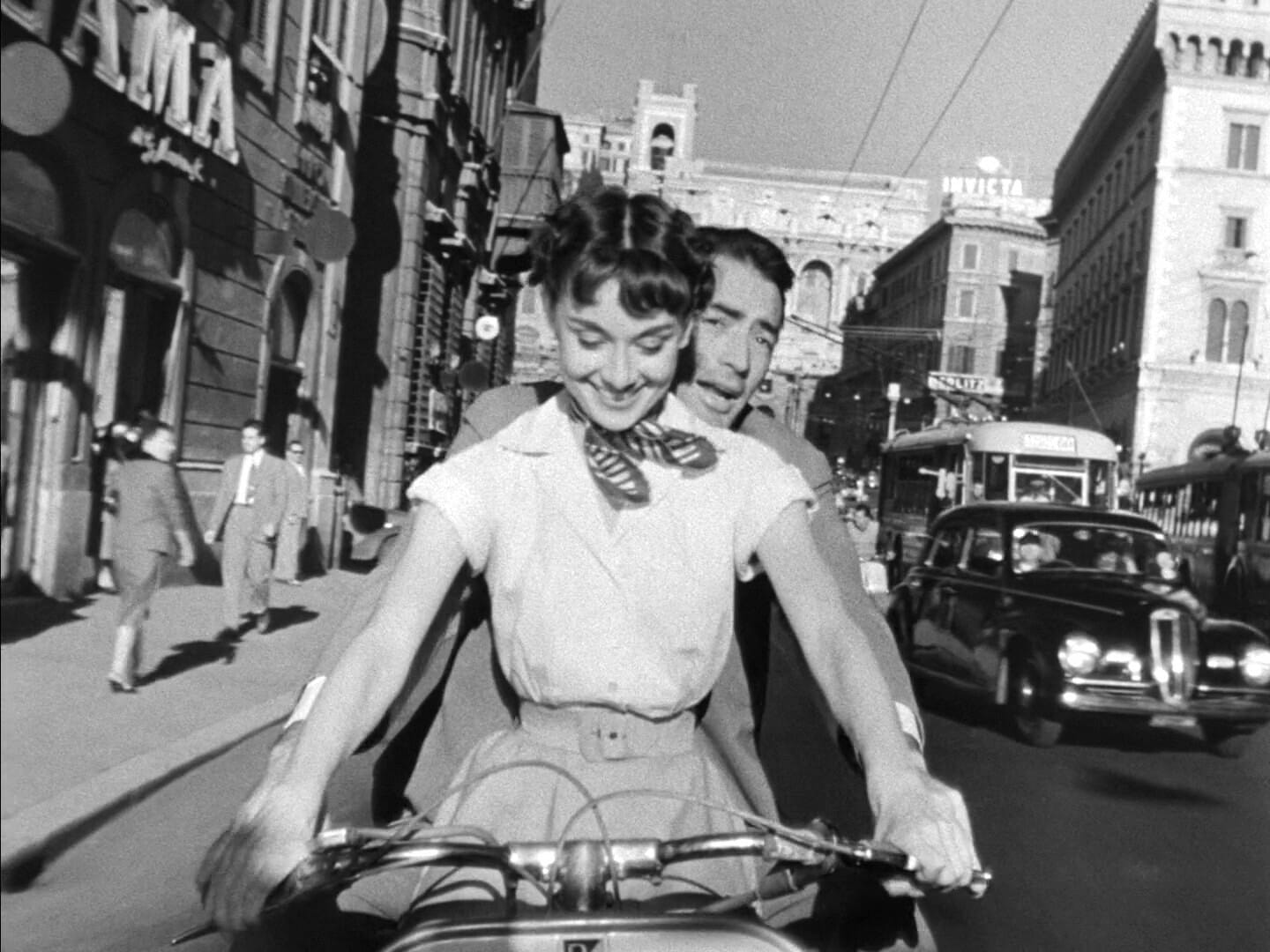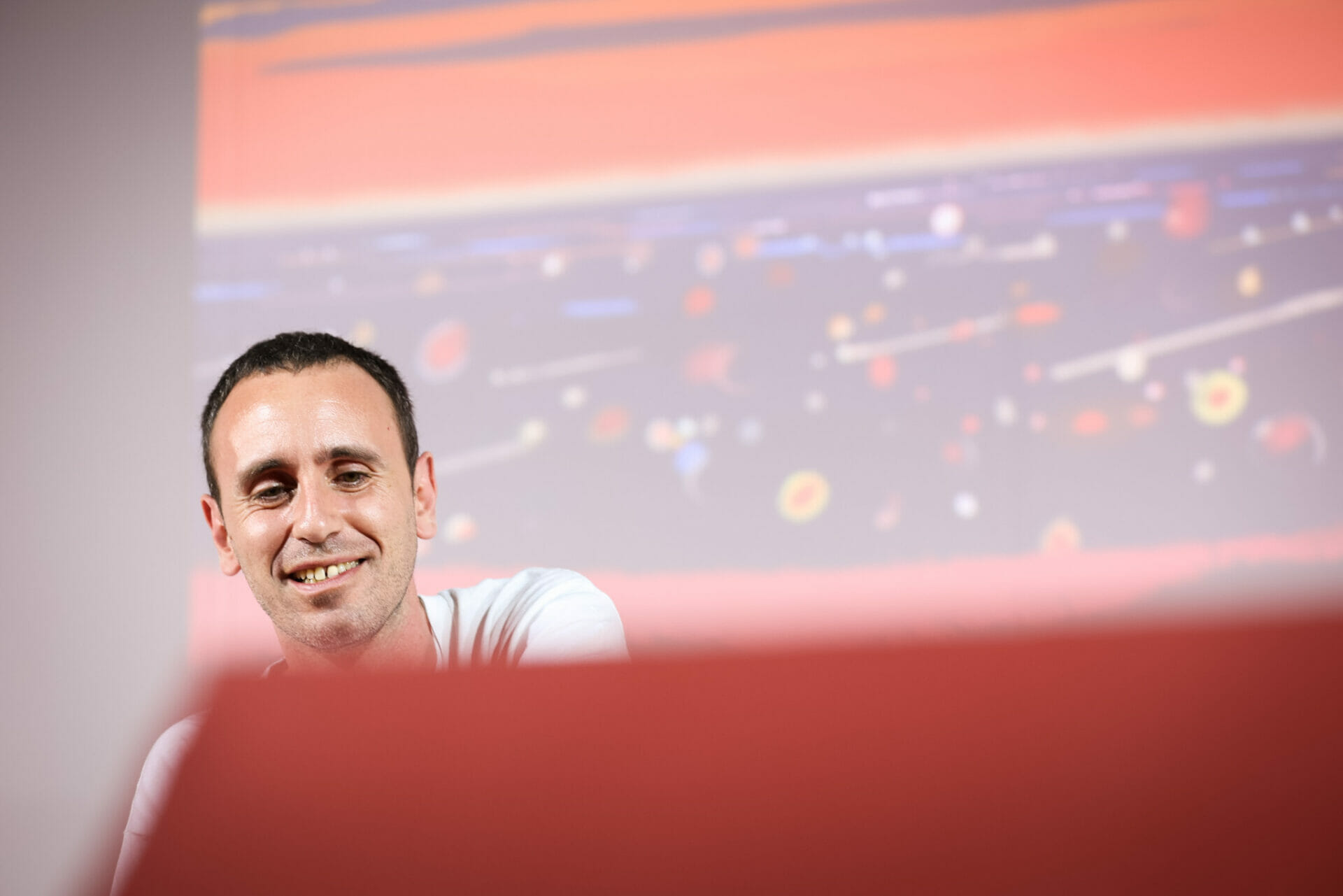
Boris | A witty Italian TV Show tells what the audience can't see
Year
Country
Seasons
Runtime
Original language
Genre
Most successful and appreciated comic TV shows tend to focus on common situations in the general public’s everyday life. Anyone who has ever worked can appreciate the sketches of Greg Daniel‘s The Office. Everyone can vibe with the paradoxical situations that Friends‘ protagonists have to deal with. But can a TV show entice and amuse a wide audience by showing the backstage of an extremely circumscribed sector? The answer is positive and one of the possible examples is Boris, the show created by Luca Vendruscolo, Giacomo Ciarrapico, and Mattia Torre and first aired on the pay-TV platform Fox International Channel in 2007. Conceived as an experimental production, it is now acclaimed as one of the most relevant and visionary outputs of Italian television, partly thanks to the landing of the first three seasons on Netflix in 2020. The show is now available on Disney+, where the fourth and currently last installment premiered in 2022.
Boris reflects the typical structure, timing, and rhythm of a sitcom. Each episode is a self-contained narrative unit and investigates a specific aspect or situation of working on the television set through the eyes of an inexperienced and mistreated apprentice. Actually, regarding the depth and incisiveness of the themes, it goes far beyond the standards of a regular sitcom. Through a distinctive satirical angle, the show provides, Alessandro Mannucci wrote, “a cross-section of a professional world, which on a deeper level recounts […] universal themes, such as the relational dynamics, the difficulty in communicating, precariousness, greasy careerism and the desire for redemption”. It is a realistic and accurate portrait of Italy like a few others, seamlessly moving from the comic to the grotesque to the utterly nonsensical, but without ever losing sight of the targets of its unsparing criticism.
How (not) to make a TV show
Alessandro (Alessandro Tiberi) begins to work as an apprentice on a TV set. He dreams of climbing the ladder and one day becoming a successful director. The outset that lies ahead though is anything but encouraging. The crew he has been assigned to is working on the second season of Gli Occhi del Cuore (literally, The Eyes of the Heart), a sleazy drama recounting the silly secrets of a hospital’s staff.
And if the subject is not promising, Alessandro’s new colleagues are even less so. René Ferretti (Francesco Pannofino), the quirky director, resigned himself to the mediocrity of his TV show and prefers to talk with his goldfish, Boris, rather than dealing with the rest of the troupe. The leading actors Stanis (Pietro Sermonti) and Corinna (Carolina Crescentini) pose as movie stars despite being dreadful actors. Duccio (Antonino Bruschetta), the coke-addicted cinematographer, Biascica (Paolo Calabresi), the grumpy electrician, and Lopez (Antonio Catania), the stingy production manager, complete the framework.
While struggling to get used to the new daily routine under the guidance of Arianna (Caterina Guzzanti), the strict yet experienced assistant director, Alessandro delves into the darkest side of the TV studios, witnessing surreal situations that no spectator could ever imagine.
An atypical ascent to success
The success that Boris experienced in the last few years was totally unpredicted by its creators, and, considering the Italian television context, appears as a kind of miracle. Indeed, in the beginning the screenwriting trio – ironically mirrored in the show by Valerio Aprea, Massimo De Lorenzo and Massimo Sartoretti – devised it as a niche product that had to go against the grain compared to industry-leading trends. It was a genuinely experimental work and a gamble, even for Fox International Channel, unaccustomed to such kind of projects at the time.
At first, probably due to Fox’s limited user base, the show failed to gain audience approval. After a few years, though, it became unexpectedly viral. What’s more is that illegal streaming played a huge part, as press office manager Marta Bertolini recognized at Wired Next Fest Florence 2018:
Initially, Boris accounted for a fifth of Lost‘s viewers. Then it fell victim to piracy – or maybe that was its blessing. Let’s face it: very few people used to watch Boris on Fox. It became a cult thanks to word of mouth and piracy.
The decisive step towards national recognition coincided with the TV show’s inclusion in Netflix’s catalog during the 2020 pandemic. Its widespread success becomes clear when considering that several lines and quotations have now become common expressions in everyday language.
An all-Italian allegory
Similar to the 1998 movie Cinema Paradiso, Boris is a metanarrative product: as Leonardo di Nino observes, it reveals “motifs and obscure secrets of Italian television productions by staging itself an Italian television production”. The fictitious show on which the plot focuses makes a clear satire of the infamous dramas that dominated Italian TV channels until a few decades ago. For this reason, its creators often described Boris as “the anti-show”, meant to exemplify a different kind of television and, simultaneously, investigate the reasons for the poor quality of most productions.
As the screenwriter Luca Vendruscolo revealed, writing each episode required huge field observation of dozens of Italian sets. It also implied a notable dose of self-mockery by actors and authors, as most of them knowingly participated in poor audiovisual productions during their careers.
Playing on the dysfunctional mechanisms of the audiovisual industry, Boris actually lashes out at a whole country, Italy, and some of its common work dynamics. The political interferences, the arrogance of second-string actors, the paltry pay and abuse of young apprentices, the chronic money shortage, and the lack of motivation and disenchantment of TV professionals. All these issues are not so distant from what a common office clerk could experience during their career. Together, they contribute to a widespread and persistent mediocrity, where every creative flair collapses in the face of a lazy crew and their destructive mantra: “Quality pissed us off”.
The universe that Boris depicts is one of dreadful nihilism: every emancipatory impulse is doomed to perish, every idealism to be set aside, if not bitterly mocked, before the prevailing reality principle.
Guido Scaravilli via Grado Zero, 2016
Boris‘ fourth season: welcoming the Netflix era
As the series grew in diffusion and appreciation, the idea of making what producers originally conceived as a stand-alone trilogy into a wider project became concrete. Indeed, after a spinoff movie in 2011, the cast reunited to film a new season, realized 12 years after its last one, in memory of Mattia Torre, one of the TV show’s creators, who passed away in 2019.
As screenwriter Vendruscolo highlighted, the eight new episodes, released on Disney+ in 2022, had to set a new polemical target. The television world had undergone substantial shifts since the third season aired: broadcasting companies lost their hegemony to streaming platforms, now the trendsetters in the sector. Therefore, to be relevant to the contemporary audience, Boris had to expose the issues and contradictions of new industry players, like Netflix, Prime Video, and Disney+ itself.
Thus, the characters themselves face a change: the new objective of René Ferretti’s crew is to shoot an innovative and disruptive series on the life of Jesus for an unspecified streaming platform, whose spokesman happens to be the former trainee Alessandro. The protagonists, though, struggle to adapt to the new market standards, especially the pervasive political correctness rhetoric and nonsense diversity & inclusion norms. And so it comes that, to comply with the algorithm results, the character of St. Mark must be of Chinese ethnicity, and the scriptwriters are forced to make up a teenage subplot involving Jesus and Judas.
Despite the transformed landscape and the conspicuous platforms’ contributions, Boris‘ fourth season shows that few things have changed underneath. Quality, inspiration and merit are still lacking features on TV sets, and this is why the careless and messy gang of protagonists is still highly relatable. What can we expect from the industry’s – and Italy’s – future? Hopefully, Boris will be there to tell it.
Tag
Buy a ☕ for Hypercritic









